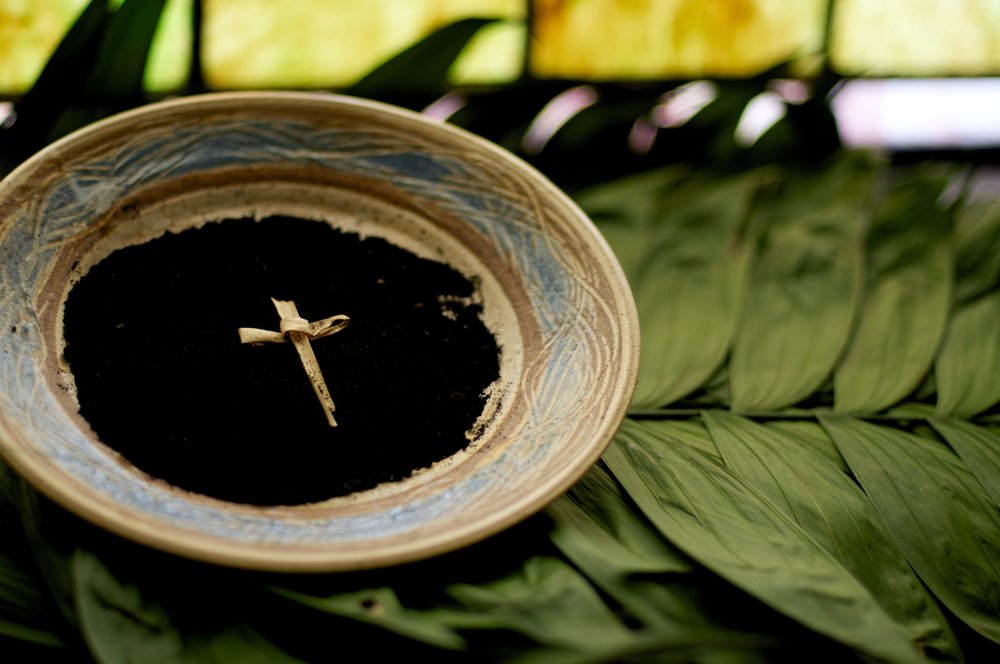
I’ve often preached about Palm Sunday as a challenge to the status quo—a public demonstration—acknowledging the Lord Jesus’ entry into Jerusalem on a donkey. That act, along with his subsequent expressions of zeal for God’s temple, were parts of Jesus’ public display of the counter-cultural nature of the Kingdom of God. In contrast to the ostentatious way that Roman leaders announced their presence, Jesus entered without military fanfare but to the palm waving and shouts of beaten-down residents of Judea. Some among the religious elite sought to silence the crowd, but Jesus welcomed the praises from the downtrodden (Luke 19:39-40). Then in contrast to the restrictive and commercial use of the temple, Jesus drove out money changers and welcomed the blind and lame (Matt 21:12-14). Keep in mind that the blind and lame had limited access to the temple (see Lev 21:8; 2 Sam 5:8), but Jesus deliberately welcomed them inside and healed them.
Yet, through the years, I’ve come to realize that my language of “public demonstration” needs to be qualified. What Jesus did on the first Palm Sunday cannot in any way be compared to rallies and insurrections intended to maintain oppressive structures. In fact, Matthew’s Gospel describes Jesus as strongly denouncing insurrectionists. The Greek word lēstēs, often translated “thieves” or “robbers” in Matt 21:13 can also be translated as “rebels” or “insurrectionists.” When Jesus gets arrested later in the week, this is how he responds:
Then Jesus said to the chief priests, the officers of the temple police, and the elders who had come for him, “Have you come out with swords and clubs as though I were a rebel (lēstēn)? (Luke 22:52).
Jesus wasn’t arrested for being a thief, but for undermining the imperial way of life—for claiming to be a king (see John 19:14-22).
In describing Jesus’s actions and words in the temple, New Testament scholar Grant R. Osborne wrote, “Jesus is virtually saying the leaders have turned the temple into a mafia-like stronghold, for a lēstēs is not a simple thief but a revolutionary bandit” (Osborne, Matthew, 763).
As we remember Palm Sunday and enter Holy Week, let’s keep in mind that the Church is the opposite of nationalists who use coercion and violence to hold onto exploitative power. Rather, the Church, God’s people, is a “house”—a house of prayer (Matt 21:13)—where people are free to praise, where the marginalized are welcomed, where we connect with God and each other. Our gatherings are public demonstrations of God’s way of power through faith, hope, love, and peace.
